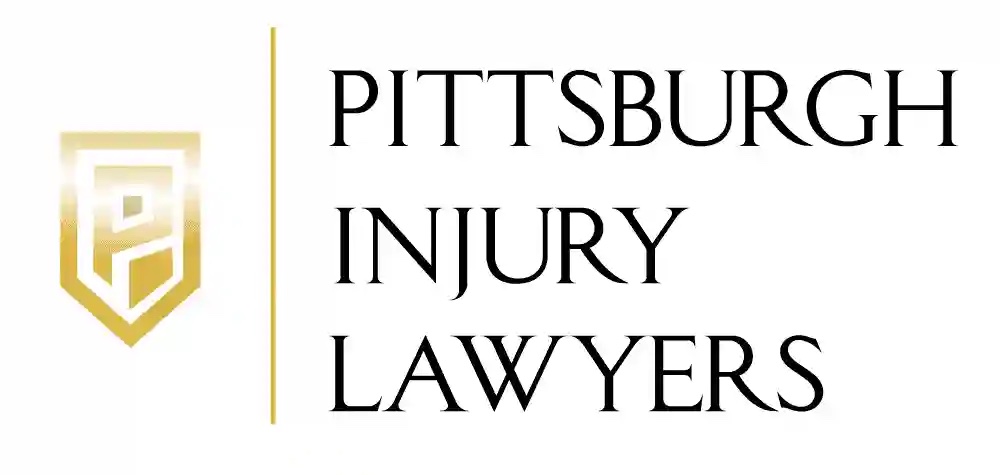Pittsburgh voters have chosen Corey O’Connor as the city’s next mayor, marking a new chapter for the city. O’Connor brings to City Hall a record spanning City Council, County Controller, and campaign promises focused intensely on core issues like public safety, housing, and infrastructure. This blend of legislative and fiscal experience positions him to tackle the city’s complex challenges head-on.
Pittsburgh Injury Lawyers, P.C., watches civic developments closely because safer communities benefit everyone — and we’re committed to protecting rights if the unexpected happens.

Mayor Corey O’Connor’s Background and Priorities
Early Life & Career Path
Born August 22, 1984, in Pittsburgh, Corey O’Connor is the son of former Mayor Bob O’Connor, building upon a family legacy of public service.
His career path in the Pittsburgh government includes:
- Pittsburgh City Council (2012–2022): He served on the Pittsburgh City Council for District 5 for a decade, focusing on community development and authoring key legislation, including the city’s Paid Sick Days Act and valid-sense gun control measures.
- Allegheny County Controller (2022–2025): He became Allegheny County Controller on July 10, 2022, where he served as the county’s fiscal watchdog, focusing on transparent government and auditing major departments.
- Mayoral Election (2025): O’Connor defeated the incumbent mayor in the Democratic primary and won the general election, positioning himself on fiscal reform and critical neighborhood investments to make Pittsburgh a place where families want to stay.
Key Policy Goals for Pittsburgh’s Future
O’Connor’s mayoral platform centers on restoring core city services and building a resilient future for Pittsburgh:
- Public Safety: O’Connor pledged to restore staffing and resources to Police, Fire, and EMS, launch community resource hubs, and publish accessible, open data dashboards to ensure transparency on crime and year-over-year trends.
- Housing & Neighborhoods: He proposes zoning reform, affordable housing expansion, and streamlined permitting to encourage new construction and keep families in Pittsburgh. He also emphasizes strengthening main street business districts and reducing blight.
- Infrastructure & Mobility: O’Connor emphasizes developing housing near transit-rich areas, investing in traffic-calming interventions, and modernizing walk/bike infrastructure to reduce fatal and non-fatal crashes. He also plans to revive the City’s Climate Action Plan and invest in climate resilience.
- Fiscal Health & Resilience: He speaks of strategic debt management practices, creating a Capital Stabilization Reserve, reforming vendor contracting, and investigating and reallocating idle city funds.
How Our Pittsburgh Injury Lawyers Stay Engaged and Support Community Safety
Monitoring Civic Change & Advocating for Safer Systems
As Pittsburgh evolves under a new administration, our firm stays alert to how policy changes — especially around infrastructure, transit, and public safety — affect personal injury risk. For example, we track changes related to pedestrian-vehicle collisions, slip/trip hazards in public spaces, or construction zone safety.
We engage with community forums, review public data dashboards promised by the mayor, and track the impact of neighborhood investments on injury trends.
This proactive monitoring helps clients benefit from emerging safety enhancements and ensures accountability when gaps in municipal duty of care remain.
Supporting Residents Who Are Injured Amid Civic or Public-Space Risks
Large-scale municipal development, revitalized downtown corridors, and transit expansions carry inherent risk points:
- Unsecured construction zones or debris.
- Uneven sidewalks and aging infrastructure are being updated mid-stream.
- New bike lanes that intersect heavy traffic without proper signage or design.
If you’re injured due to a hazard in a public space — whether as a pedestrian, transit user, or bystander at public works — you should:
- Document the hazard: Take photos of the defect, record the exact location, and note the time.
- Get medical care: Your health is the priority.
- Report the incident: Contact the relevant city department (like the Department of Public Works).
- Preserve evidence: Keep clothing, medical records, and city reports.
Our team evaluates whether the city, contractors, or other entities breached their duty of care. We gather maintenance logs, Site safety reports, and witness statements; we liaise with engineers and other experts; and we pursue full and fair compensation for your medical bills, lost wages, and pain & suffering.
Conclusion
Mayor Corey O’Connor steps into office with a vision for safer streets, stronger neighborhoods, and catalytic infrastructure — an agenda that matters profoundly for all Pittsburgh residents.
If you’d like to stay informed about how these changes impact your safety in public spaces — or if you’re injured and need experienced help navigating a claim against a municipality or contractor — click here to connect with Pittsburgh Injury Lawyers, P.C.
Civic progress is promising — but safer communities require both strong leadership and vigilant oversight. We’re here to ensure your rights stay protected no matter what changes come.
